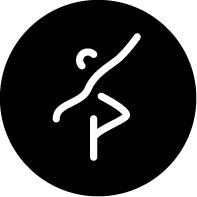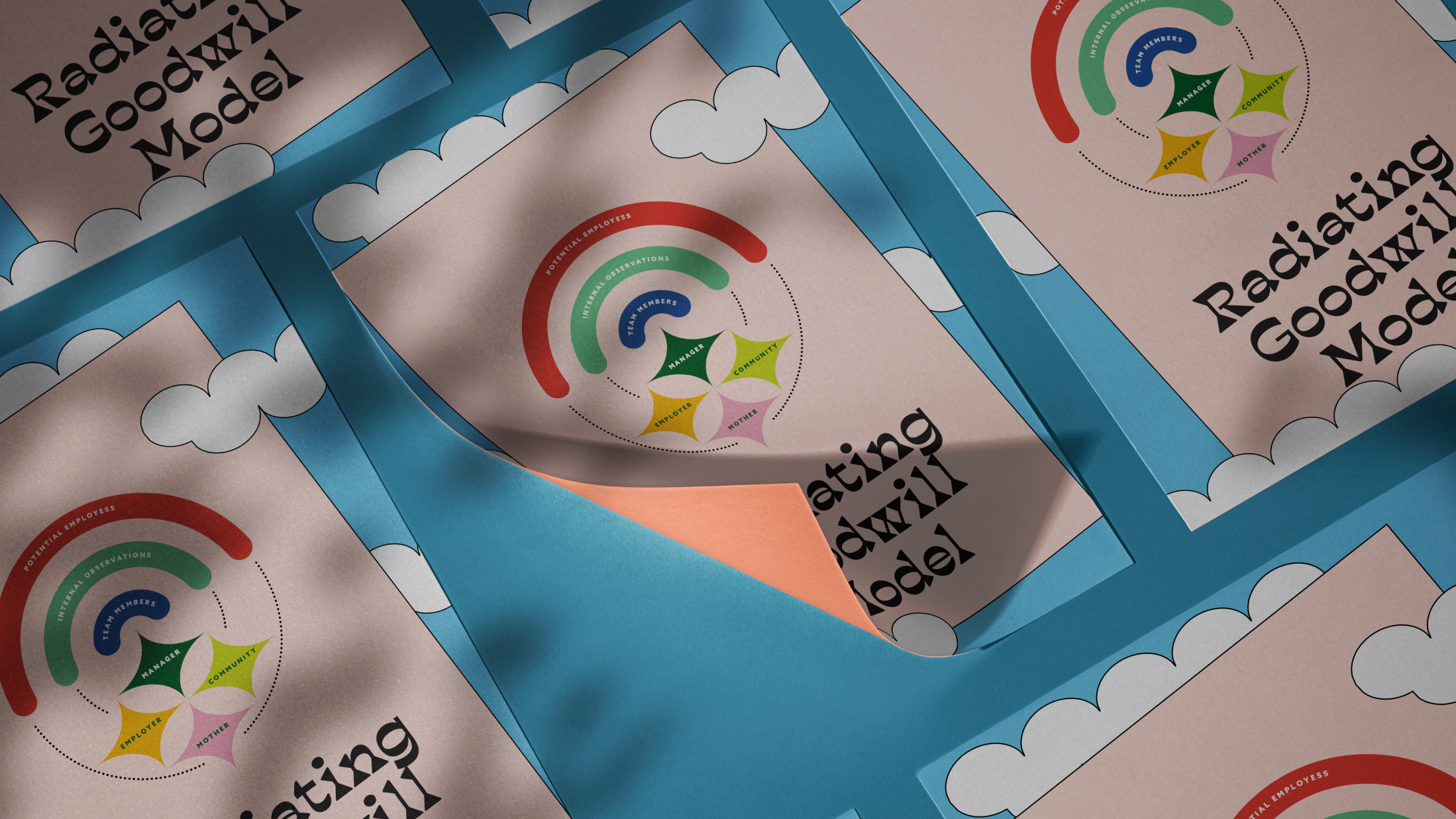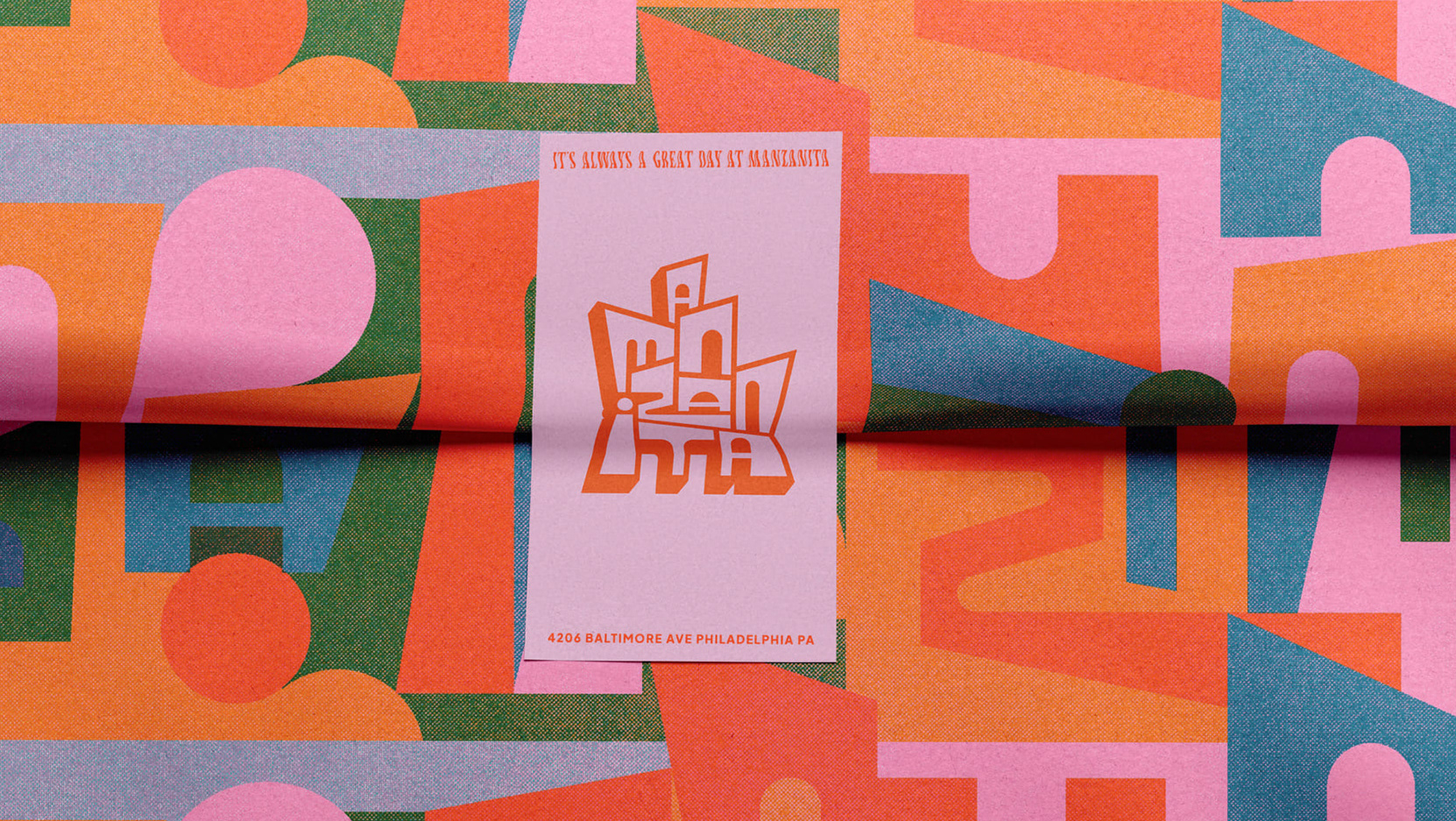Equitable Experiential Learning
How might we develop an experiential curriculum that creates equitable opportunities for a diversifying university.
DESIGN RESEARCH
STRATEGY
SERVICE DESIGN
ILLUSTRATION
My Role: Lead Designer
Team members: Brandy Parker: Lead Researcher, Sarah Ekblad: Project Lead
The Ask: Our client, a private college in the Midwest, needed support advancing their four year experiential programming (Project K) which included study abroad, a senior thesis, and internships. The goal of the program was to prepare all students for life after university by helping students to cultivate leadership through co-curricular programs.
However, the faculty was finding that many students weren’t taking advantage of the programming.
The Process: The team consisted of two researchers and myself. Our goal was to increase participation in experiential education across all student groups, strengthen faculty engagement, develop a long-term vision for the evolution of Project K, and create a better marketing plan to provide education on Project K to various audiences.
The Outcome: We discovered through qualitative research, that experiential learning meant something vastly different to each student. We developed an entirely new program focused on soft skills rather than hard skills with students now having an 'animating question' as opposed to 'majors'.
Research
For this project, we developed three methods for conducting qualitative research across five formats (group sessions, individual interviews, event observations, forums, and intercepts). Our team met with 27+ students, 15 faculty members, 2 guidance counselors, 10 prospective students, and 7 alumni. We developed research protocols and stimuli that would engage students and invite them to help us design their ideal curriculum.
Our Findings
Instead of leaving the university with a set of predesignated experiences, we reframed the expectation that students should graduate with the four following qualities that could be attained in a variety of ways.
Students should be…
Analytical: Students are critical thinkers prepared to understand complex systems, and view challenges from multiple perspectives.
Empowered: Students have the tools and skillsets necessary to advance themselves and others, and overcome setbacks.
Empathetic: Students strive to understand their own identity in relation to others, their community, and their world.
Curious: Students lead lives driven by common themes and questions, and are not siloed by traditional paths.
Before doing this research with the university community, the institution was focused primarily on thinking about what students were doing during their time at school.
We wanted to shift their perspective from focusing what students were doing, to who students were becoming.
It became clear that the specifications and expectations of what could be defined as experiential was too constraining for many students. College was their first time experiencing multicultural dialogues around race and socioeconomics which felt just as enriching and experiential as any off-campus opportunity.
It was important for the school to think about cultural groups, organizations, and clubs on campus as alternative and equally valuable opportunities for experiential learning.
The experiential curriculum needed to flex to the students needs rather than have an expectation that all students benefit equally from the same experiences.
Concepts
We designed a set of proposed concepts that the school could prototype based on this reframe. We delivered an extensive guide to all of our research and concepts including illustrative scenarios to help them envision how all of the concepts fit into the school ecosystem.
Becoming More Curriculum
From the four student pillars, we developed the “Become More in 4” curriculum co-taught by the Centers, Faculty, and Advisors.
The yearly curriculum consisted of a series of workshops, in-class assignments, and individual projects designed to help students gain the necessary information and skills to succeed at school and beyond.
Students gained exposure to co-curricular offerings, built soft-skills, reflected on narrative, and received support and critical information from peers and teachers.
Animating Tracks
Elective interdisciplinary and experiential curriculums designed to prepare students for engagement in a passion area.
Each track includes a series of recommended courses as well as co-curricular / experiential education requirements, such as involvement in specific community sites, internships, or associated study abroad programs.
Examples of potential tracks: food justice, non-profits, global health, tech, community development, design, environmental studies.
Examples of potential tracks: food justice, non-profits, global health, tech, community development, design, environmental studies.
The Intercultural Center
The Intercultural Center celebrates and drives exchange and multi-cultural representation that fosters and supports a diverse student body.
Roles and responsibilities include, leading “Diversity 101” and orientation programming, providing support for student orgs, hosting events and cultural programming, providing support for bias reporting, thought partners / leadership / resource in diversity and inclusion discussions.
Living Portfolio
Dynamic interactive digital platform that serves as a living portfolio to be completed as a requirement of the “Become More” Curriculum.
Builds key portfolio pieces each year in the form of Independent Projects and Functions as an expanded resume, portfolio, and way to track requirements. Students also leave college with documented narrative of who they became over the course of their four years in school, and the relevant skills, courses, and experiences they acquired.
Mentor Pod
Students are matched with a team of advisors to support them throughout their time at school and beyond.
The team includes: academic advisor (faculty member), peer advisor/mentor (fellow student), group advisor (professional advisor in seminar course), and a career mentor (alum). Students can choose to match based on key identifiers such as racial or ethnic background, athletic involvement, interests, potential major, or first generation identification.
The Workshop
With all of our concepts and research findings, we developed a workshop with faculty and select students to explore, ideate, and ultimately implement the right solutions.
We helped them to prioritize concepts based off of evaluation criteria of desirable, actionable, and impactful. Additionally, they assigned concepts and programming to different faculty bodies like administration, centers, and teachers. Finally, we created roadmaps for prioritized concepts to put dates and timelines to pilots so that they had next steps for implementation.





